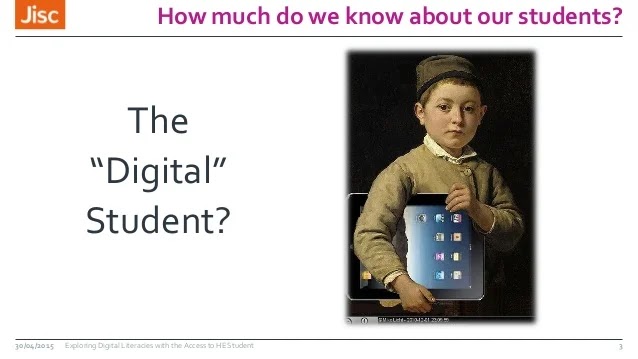Harnessing Collective Knowledge: Exploring Web 2.0 Communities of Practice
Harnessing Collective Knowledge: Exploring Web 2.0 Communities of Practice
The advent of Web 2.0 has transformed the way we interact and collaborate online. Among its many advancements, the concept of Communities of Practice (CoPs) has gained prominence. Web 2.0 CoPs leverage the power of social media platforms and digital technologies to connect individuals with shared interests, fostering collaboration, learning, and knowledge exchange. In this blog, we will delve into the world of Web 2.0 CoPs, exploring their characteristics, benefits, and how they shape the landscape of collective knowledge.
Understanding Web 2.0 Communities of Practice
Web 2.0 CoPs are online communities that bring together individuals who share a common passion, profession, or interest. They utilize Web 2.0 technologies, such as social media platforms, discussion forums, wikis, and collaborative tools, to connect members, facilitate communication, and promote the exchange of knowledge and experiences.
Key Characteristics of Web 2.0 CoPs
a) Shared Interest: Web 2.0 CoPs revolve around a specific topic, interest, or profession, attracting individuals who are passionate about the subject matter.
b) Community Interaction: Members actively engage in discussions, share resources, seek advice, and collaborate to deepen their understanding and expand their knowledge.
c) Collective Learning: Web 2.0 CoPs foster a culture of learning through the exchange of experiences, insights, best practices, and lessons learned. Members learn from each other and collectively advance their knowledge.
d) Social Media Integration: Web 2.0 CoPs often leverage social media platforms like Facebook, LinkedIn, or Reddit to facilitate community interaction, making it easy for members to connect, share content, and collaborate.
Benefits of Web 2.0 CoPs
a) Knowledge Sharing and Collaboration: Web 2.0 CoPs provide a platform for individuals to share their expertise, insights, and resources. Collaboration and collective problem-solving enable members to tap into the collective intelligence of the community.
b) Continuous Learning: Web 2.0 CoPs promote lifelong learning by offering a space for ongoing professional and personal development. Members stay updated with emerging trends, gain new perspectives, and expand their knowledge horizons.
c) Networking and Community Building: Web 2.0 CoPs offer opportunities for members to connect with like-minded individuals, build professional networks, and foster supportive relationships. This sense of community fosters engagement and enhances individual growth.
d) Innovation and Creativity: Web 2.0 CoPs serve as catalysts for innovation, inspiring members to think creatively, experiment with new ideas, and collaborate on projects that push boundaries and drive progress.
Nurturing and Engaging in Web 2.0 CoPs
a) Active Participation: Engage actively within the community by sharing your expertise, asking questions, providing feedback, and contributing valuable resources. The more you give, the more you receive.
b) Be Respectful and Collaborative: Foster a positive and inclusive environment by respecting others' opinions, practicing constructive communication, and encouraging collaboration and knowledge sharing.
c) Embrace Diversity: Appreciate and leverage the diverse perspectives, backgrounds, and experiences of community members. Embracing diversity enriches discussions, broadens horizons, and promotes mutual learning.
d) Be Curious and Open-Minded: Cultivate a mindset of curiosity and openness to new ideas and perspectives. Embrace the opportunity to learn from others and challenge your own assumptions.
Conclusion:
Web 2.0 Communities of Practice have revolutionized the way we connect, learn, and collaborate. By leveraging the power of digital technologies and social media platforms, these communities have created






评论
发表评论